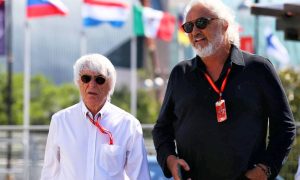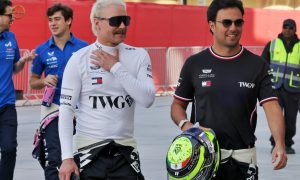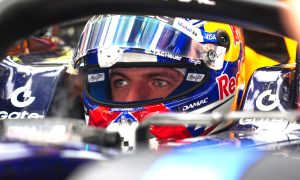
Williams team principal James Vowles has praised Mercedes for the “exceptional job” it has done with its current hybrid engine, but also for its forward-thinking approach to the significant changes coming to Formula 1 in 2026.
As the sport readies itself for a new era of technical regulations, Vowles believes that Mercedes' early investment in their next-generation power unit could give them an edge over their competitors.
From 2026, Formula 1 will introduce a radical overhaul to its power unit regulations, focusing on sustainability and greater reliance on electrical power.
This new formula will see engines powered by sustainable fuels and a closer balance between internal combustion engine (ICE) and electric power, with almost a 50-50 split.
The changes mark a major shift for teams, requiring significant adaptation both on the chassis and engine fronts.
Mercedes has a proven track record in adapting to major regulatory changes, having dominated the early years of the hybrid era starting in 2014.
At that time, the power units supplied by its Mercedes AMG HPP engine factory in Brixworth were head and shoulders above the competition, allowing the Brackley squad to win multiple championships before rivals like Ferrari closed the gap.
Read also:
With the 2026 regulations in sight, Vowles is confident that Mercedes is once again setting itself up for success.
“I think Mercedes have done an exceptional job which is why I was very happy to re-sign back up for an extension to it,” he said, speaking on F1's latest Beyond the Grid podcast.
“And I think you're going to see differences in power units that don't exist. Today, pretty much all power units are a lot of a lot.”
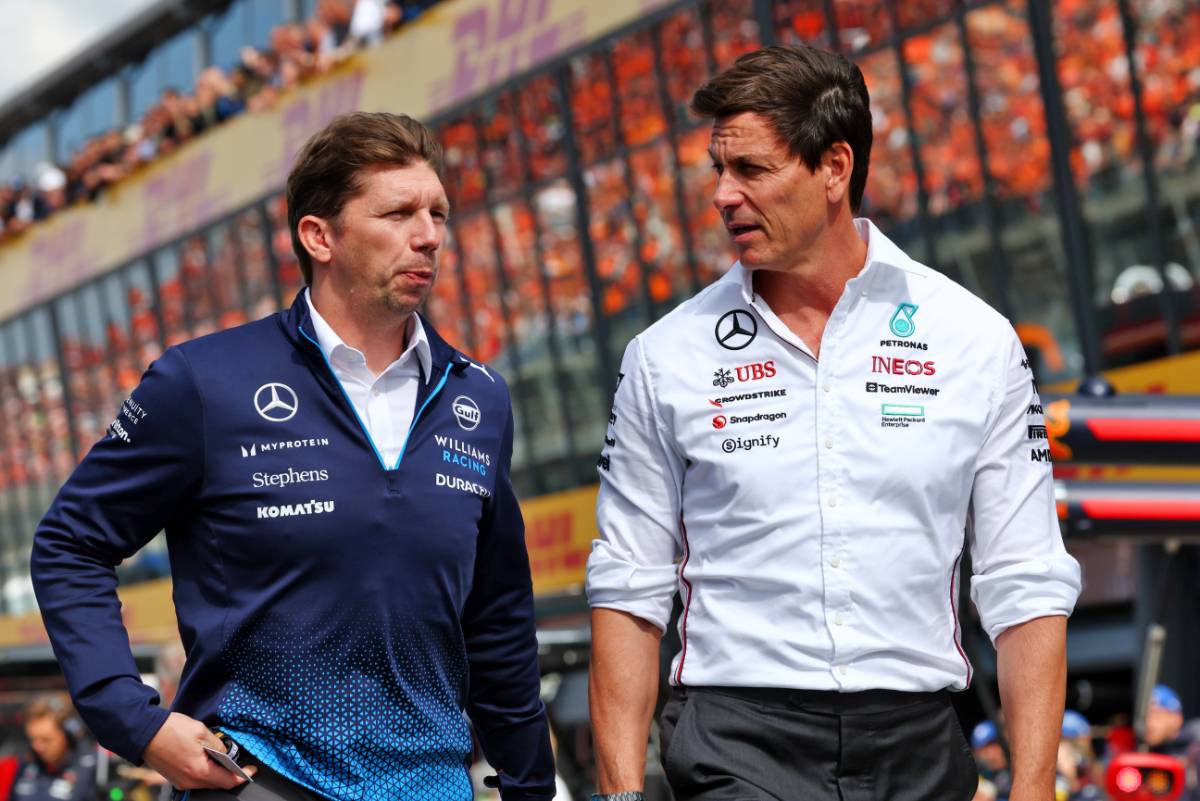
Indeed, the current generation of Formula 1 power units has seen a leveling of the playing field, with the performance gap between engine manufacturers narrowing significantly in recent years.
However, Vowles believes that the 2026 regulations will disrupt this equilibrium.
“I think that will all change in 2026 and you will see a difference between the power units,” added the former Mercedes strategist.
“I don't think it will be the levels you saw in 2014 where there was such a wide spread between the field.”
What sets Mercedes apart, in Vowles' view, is their strategic early investment in key areas of development, especially in their approach to the hybrid-electric component of the new regulations.
With teams needing to fundamentally redesign how they integrate electric power and extract performance from the ICE, Mercedes appears to have gained an advantage over its rivals.
“It's true that if you've simplified it, it's more of what we're already doing?” Vowles explained.
“But it's a completely re-design of what you're doing in an electrical world, and how you're extracting the most performance from your ICE is different.
“It's an opportunity. In the case of Mercedes, they were very clever in investing earlier than others and investing in other areas.”
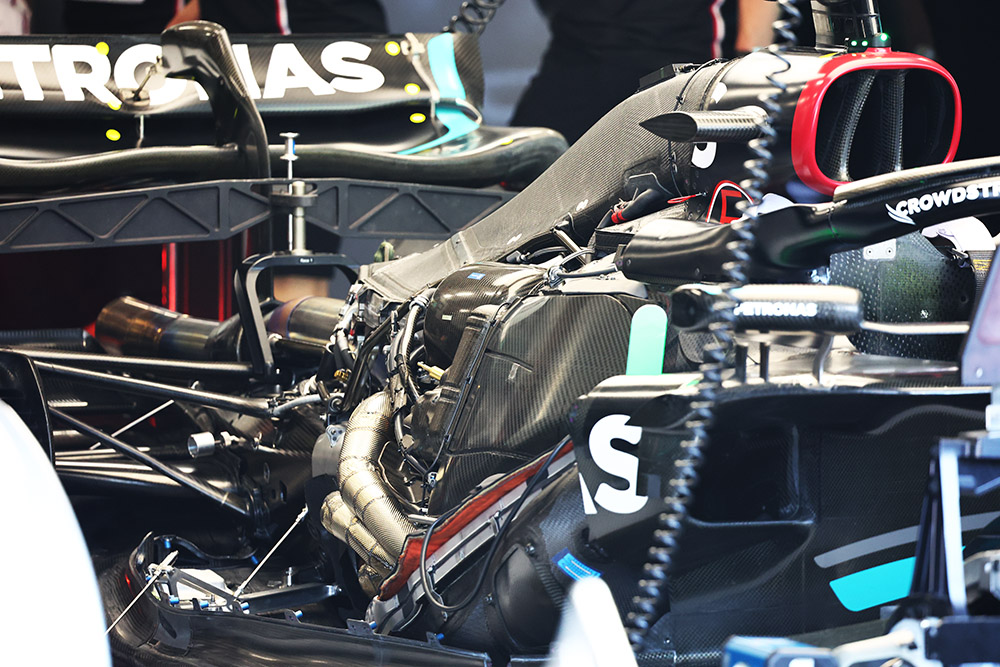
As the F1 grid prepares for the 2026 shake-up, Mercedes will face competition from both established and new engine manufacturers. Red Bull will be building their own engines for the first time, Audi is entering the fray with their factory power unit, and Honda will officially make their return to F1 with Aston Martin.
Ferrari, of course, remains a major player, while Renault recently abandoned their engine project, leaving a more concentrated field of manufacturers.
Despite this competitive environment, Vowles is confident that Mercedes' foresight and experience in both hybrid technology and power unit development will position them strongly for the upcoming regulatory era.
For Williams, continuing their partnership with Mercedes offers the stability and performance they need to move up the grid in the coming seasons.
Keep up to date with all the F1 news via Facebook and Twitter




